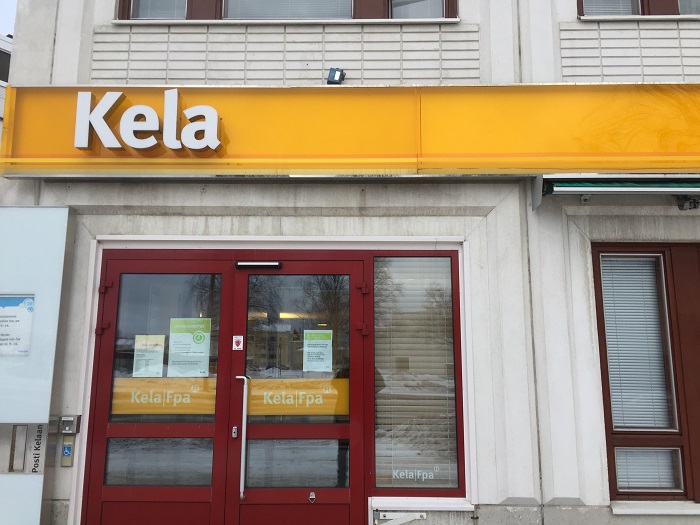Basic income plan gets increasing support: Survey
Published : 30 Jul 2017, 01:41
Updated : 31 Jul 2017, 01:59
While a basic income system is being tested in Finland, people think the plan would be more acceptable, if the recipients are required to do some work, a fresh survey has indicated recently.
Over a third of the Finns would not mind, if a well functioning basic income scheme would require a tax increase, a survey by a the pro-business think tank EVA indicated.
In the EVA survey, every second Finn would accept the system if a duty to do some activity is included and only one in four would oppose.
Despite differences of opinions on the details, the vast majority of Finns support the principle of a social safety net. Some 67 percent of those questioned held the opinion that Finns must also in the future have the right to enjoy basic income guaranteed by the society in all circumstances. Only 17 percent disagreed.
If introduced, the basic income would replace many current income transfers such as unemployment benefits and basic living costs money. Finland has currently 42 separate benefit systems run by the national social insurance institution (Kela).
According to the current visions, the basic income would be paid to all citizens without strings attached. However, the suggestions for some sort of work requirement have been heard increasingly in public discussion.
Elli Aaltonen, Director General of the Finnish Social Insurance Institution (Kela), told Xinhua on Friday that the concept of demanding some kind of input from the recipient does not necessarily mean that he or she would have to be doing some manual labor or service.
It could also mean a requirement to accept opportunities offered for participation in personal development, training, and rehabilitation to acquire better capabilities on the labor market, Aaltonen said.
"But this is not actually an issue of basic income itself. It is more the question of long lasting reception of unemployment benefits and especially young people's possibilities to get employed," she added.
The reform is still far ahead though. Aaltonen said it would take still years until the content of the basic income is final. "The current test with two thousand unemployed recipients does not address all the issues that will have to be solved," she said.
Fears have been expressed, however, that the basic income system would create a low paid workers market in Finland, as some people could accept a lower salary to complement the basic income.
"But the impact on the future labor market and salaries is for the labor market organizations to take a stand on, not Kela" Aaltonen said.
Initial news last year about Finnish basic income system with 540 euros a month created abroad an impression of indiscriminate spending. "We were asked particularly from Asia and Eastern Europe whether Finland is so rich that it could simply pay like that," Aaltonen said.
Aaltonen reminded that the concept of basic income can mean many various alternatives. It is now a cover concept only. Aaltonen quoted a specialist in Kela as saying that discussion of basic income is like "talking about felines, without defining whether it is about tigers or domestic cats".
"For a permanent basic income system, essential questions such as the level of the pay, its impact on employment, services, other benefits, impact on taxation all remain open," Aaltonen told Xinhua.
"It is highly unlikely that the current coalition government would be able to formulate the final phase, and it will be up to the government following the spring 2019 election," Aaltonen said.


